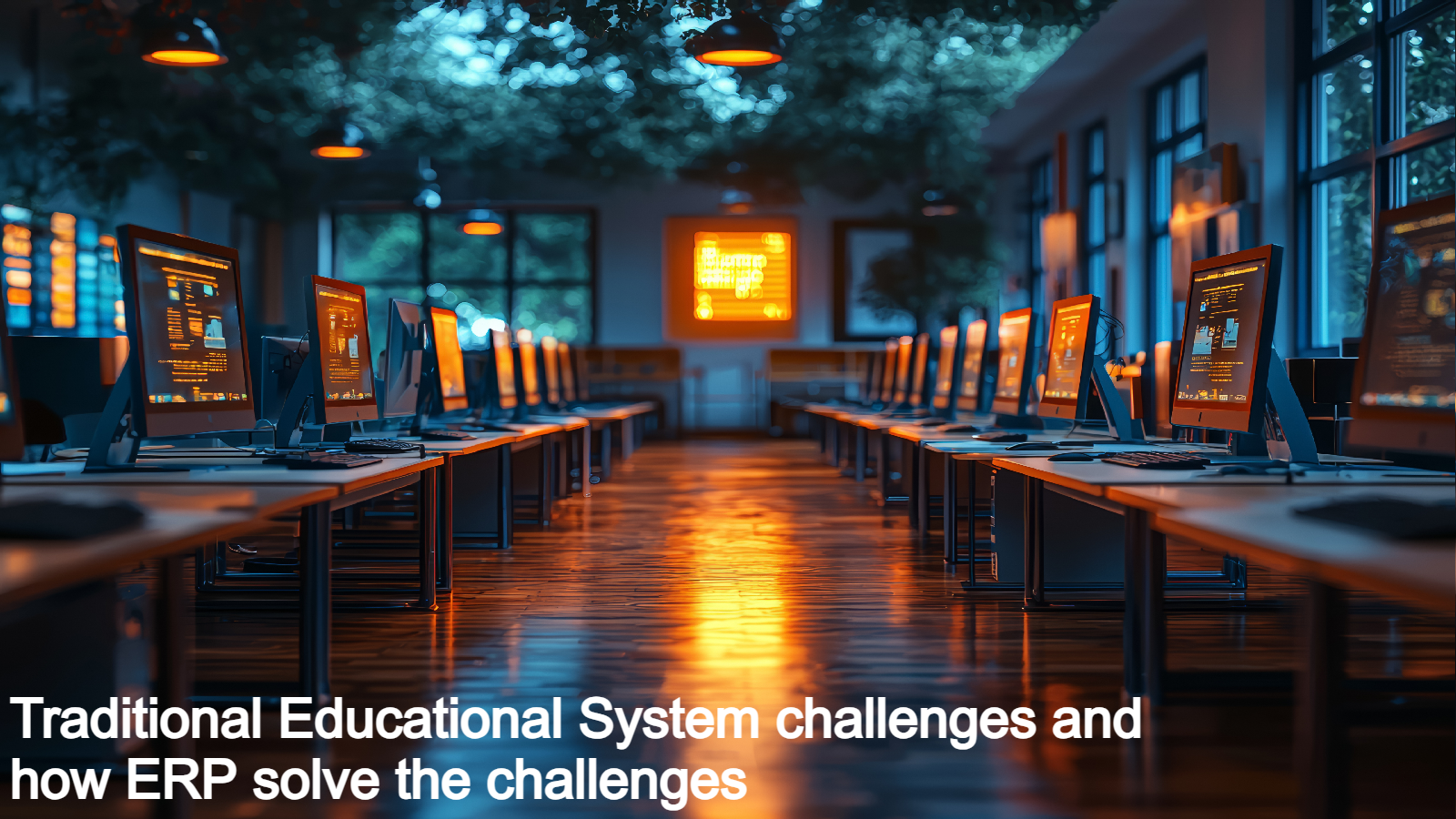Introduction
In the rapidly evolving landscape of education, the integration of technology has become indispensable. One such technological marvel that has gained prominence is Customer Relationship Management (CRM) systems. While traditionally associated with business and sales, CRM systems have found a transformative role in the educational sector in Malaysia.
This blog post looks into the significance of utilizing CRM in the educational realm, exploring its benefits and the positive impact it can have on students, educators, and institutions.
Understanding CRM in the Educational Context
Customer Relationship Management, often abbreviated as CRM, is a technology that helps organizations manage and analyze customer interactions throughout their lifecycle. In the context of education, these “customers” can include students, parents, alumni, and even potential future students. CRM in education goes beyond a mere database; it serves as a comprehensive solution for managing student information, enhancing communication, and streamlining administrative processes.
Benefits of CRM in Education
Student Engagement and Retention
According to a study by Educause, student engagement is a crucial factor in academic success. CRM systems facilitate personalized communication, allowing educators to understand individual student needs and preferences. This personalized approach contributes to higher student engagement and retention rates.
Efficient Administrative Processes
In the educational sector, time-consuming administrative tasks can be a bottleneck. CRM systems automate and streamline these processes, reducing the burden on administrative staff. This efficiency leads to cost savings and allows institutions to allocate resources more strategically.
Data-Driven Decision-Making
With CRM systems, educational institutions can collect and analyze data on various aspects such as student performance, attendance, and interactions. This data empowers educators and administrators to make informed decisions, identify areas for improvement, and implement targeted interventions.
Enhanced Communication
Effective communication is the backbone of any successful educational institution. CRM systems provide a centralized platform for communication, enabling seamless interaction between students, parents, teachers, and administrators. This fosters a collaborative environment that is crucial to learning.
Future Trends and Considerations
As technology continues to advance, the role of CRM in education is poised to expand further. Artificial intelligence (AI) and machine learning capabilities integrated into CRM systems can provide predictive analytics, helping institutions identify trends and anticipate student needs. However, educational institutions must consider data privacy and security measures to ensure the responsible use of CRM technology.
Conclusion
The adoption of CRM systems in the educational sector in Malaysia is a strategic move towards creating a more efficient, engaging, and student-centric learning environment. As institutions grapple with the challenges of the modern educational landscape, CRM stands as a beacon of innovation, offering a solution that benefits students, educators, and administrators alike.
Frequently Asked Questions (FAQs)
What is CRM, and how does it apply to the educational sector in Malaysia?
CRM stands for Customer Relationship Management. In the context of education, it refers to a technology that helps manage and analyze interactions with various stakeholders, including students, parents, and alumni. In Malaysia, educational institutions are increasingly adopting CRM systems to streamline administrative processes, enhance communication, and improve overall efficiency.
How does CRM contribute to student engagement and retention?
CRM systems facilitate personalized communication, allowing educators to understand individual student needs and preferences. By tracking student interactions, performance, and attendance, CRM enables institutions to identify the different performances of students early on. This approach to support contributes to higher levels of student engagement and increased retention rates.
Can CRM systems help in automating administrative tasks in educational institutions?
Absolutely. One of the key benefits of CRM in education is the automation of time-consuming administrative tasks. These systems streamline processes such as enrollment, grading, and communication, reducing the burden on administrative staff. The result is improved efficiency, cost savings, and the ability to allocate resources more strategically.
How does CRM support data-driven decision-making in education?
CRM systems collect and analyze data on various aspects of the educational process, including student performance, attendance, and interactions. This data-driven approach empowers educators and administrators to make informed decisions. By identifying trends and areas for improvement, institutions can implement targeted interventions to enhance the overall learning experience.
Is data privacy a concern when implementing CRM systems in educational institutions?
Yes, data privacy is a critical consideration. Educational institutions must implement robust security measures to safeguard sensitive student information. It’s essential to comply with data protection regulations and ensure that CRM systems prioritize the responsible and ethical use of data.
Can CRM systems adapt to the specific needs of different educational institutions?
Yes, CRM systems are highly customizable to meet the unique needs of different educational institutions. Whether it’s a small primary school or a large university, CRM solutions can be tailored to address specific challenges and requirements. This flexibility makes CRM a versatile tool for a wide range of educational settings.
How does CRM contribute to enhanced communication within educational institutions?
CRM provides a centralized platform for communication, fostering seamless interaction between students, parents, teachers, and administrators. Through features such as messaging, notifications, and collaborative tools, CRM systems create a communication ecosystem that promotes transparency, collaboration, and a sense of community within the educational institution.
Are there future trends in CRM for education, and how might they impact institutions in Malaysia?
The future of CRM in education is likely to involve advancements in artificial intelligence (AI) and machine learning. These technologies can provide predictive analytics, helping institutions anticipate student needs and identify trends. While embracing these innovations, institutions in Malaysia should also prioritize responsible data use and stay updated on the different educational trends.








